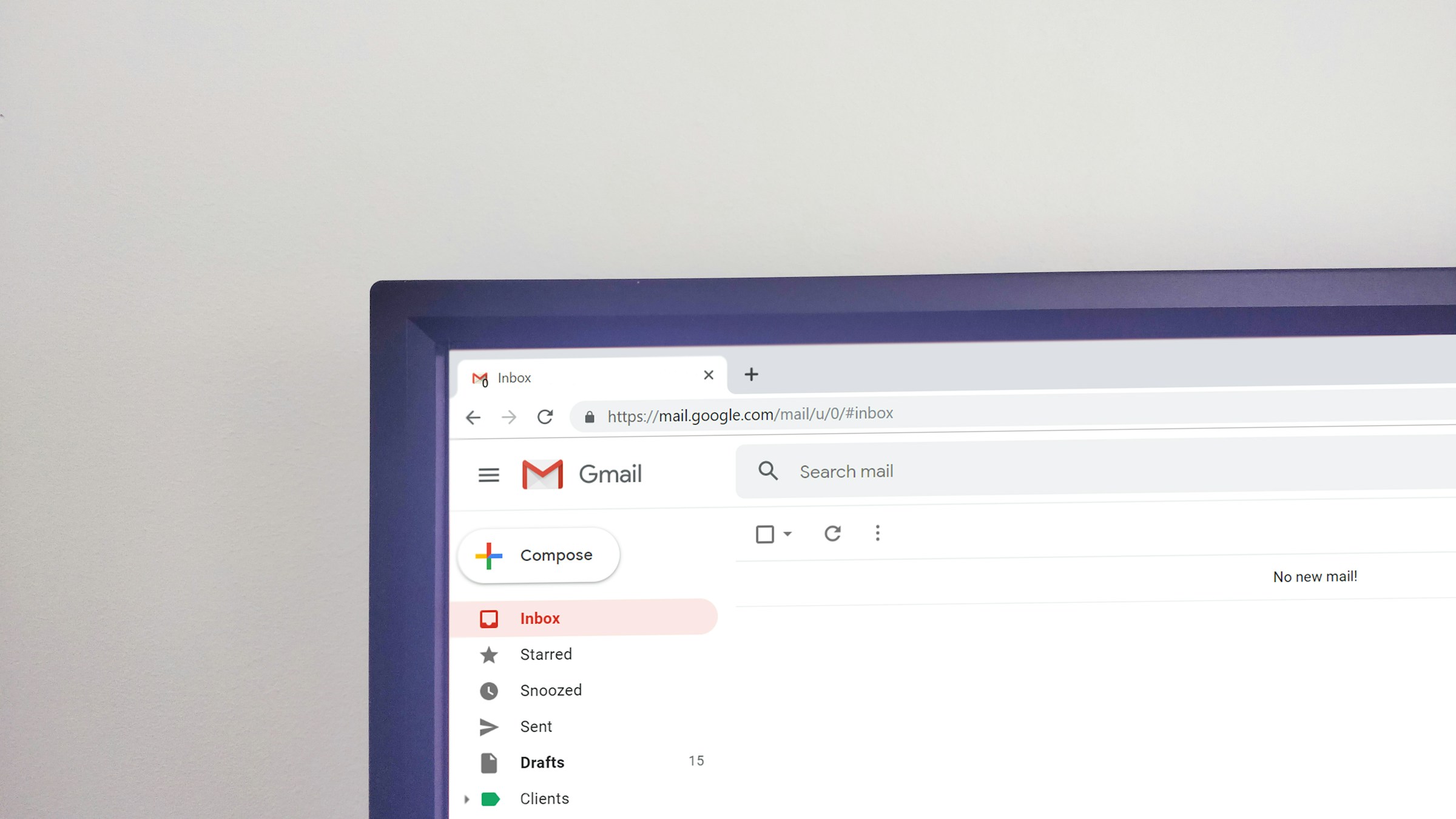Proof of receipt of an email
Case law on the burden of proof with regard to email, fax, read receipt, and secure delivery methods.


December 14, 2022
Productivity
Background
Declarations of intent that require receipt and actions similar to transactions (e.g., defect notifications, warnings) become effective under § 130 BGB when they reach the other contracting party.
The receipt of the declaration must be proven by the party claiming receipt. This burden of proof distribution also applies to the timing, i.e., the timeliness of the receipt.
Legal Situation
Different opinions are held regarding the demonstration and burden of proof for the receipt of an email.
On one hand, it is argued that the sender of an email has the benefit of presumption that the email sent by them has been received by the recipient unless it is returned as undeliverable. This applies even if the message may have been filtered as spam. An email is considered received by the recipient of the declaration of intent when it is retrievably stored on the recipient's or their provider's server (AG Frankfurt a.M., ruling of 23 October 2008 – 30 C 730/08).
On the other hand, it is argued that the receipt of the email must be demonstrated and proven by the sender according to § 130 BGB. The sending of an email does not establish a presumption of receipt by the recipient (LAG Berlin-Brandenburg, decision of 24 August 2018 – 2 Sa 403/18). This also applies to a sending protocol (see MüKoBGB/Einsele, 9th edition 2021, BGB § 130 Rn. 47).
Case Law
The LAG Köln agreed with the latter opinion in a recent ruling (LAG Köln, decision of 11 January 2022 – 4 Sa 315/21). The sending of an email does not establish a presumption of receipt by the recipient. Whether a message reaches the recipient's server after being sent is uncertain. As with regular mail, it is technically possible for the message not to arrive. This risk cannot be imposed on the recipient. The sender chooses the method of transmission of the declaration of intent and thus bears the risk that the message may not arrive. To ensure that an email has reached its addressee, the sender has the option of requesting a read confirmation via the email program's options management (see BGH, order of 17 July 2013 – I ZR 64/13).
Note
This case law is relevant not only in employment relationships. It should be considered in all situations where the receipt of a declaration of intent must be proven, e.g.,
Offer and acceptance
Declaration of offsetting
Request for performance correction
Termination
Withdrawal
Revocation
Reduction
Even with a fax , the OK notation on the transmission report does not constitute a presumption of receipt in the prevailing albeit increasingly controversial view, but merely an indication of the fax's receipt because it only shows that a connection was established between the transmitting and receiving device. However, the transmission report does not indicate whether data was actually transmitted or if line disturbances or faults in the receiving device prevented it. Nevertheless, the OK notation confirms that a connection was established with the number listed in the transmission report. Therefore, the recipient has to provide details about which device they operate at the opposite end, whether the connection is recorded in the device's memory, and whether and how they document the receiving journal, and must present this if necessary (see MüKoBGB/Einsele, 9th edition 2021, BGB § 130 Rn. 47). However, you should not rely on this in a dispute.
Practice Tips
In important cases, the declaration should be sent – first via email with a read confirmation request – and then by registered mail or courier. For correspondence between attorneys, delivery via beA is advisable.
As far as attorneys are concerned, if they want to notify their clients via email of a legal deadline expiring on the same day and want to motivate them to file an appeal, they must ensure that their email was acknowledged by requesting a read confirmation (see BGH, decision of 18 November 2021 – I ZR 125/21).
Update
If an email is made available for retrieval on the recipient's mail server during normal business hours in business traffic, it is generally considered received by the recipient at this time. The actual retrieval and acknowledgment of the email by the recipient are not required for receipt (see BGH, decision of 6 October 2022 – VII ZR 895/21).
Current Insights

EU-Russia Sanctions: From the 14th to the 18th Sanctions Package
Recognizing Dynamics – Building Resilience: What Companies Need to Know and Do Now

New Era for Economic Disputes in Germany
Germany introduces Commercial Courts and the court language English. The article provides an initial overview of the new opportunities.

How to Avoid U.S. Tariffs as an International Supplier
This article shows how to avoid tariffs as a supplier by using the appropriate Incoterms 2020 clause in your supply contracts with U.S. buyers.

Open Access to International Business Law
Selected, freely accessible professional literature, decisions, and information on international business law (continuously updated).

Indemnity – How the Supplier Can Reduce Their Liability
The "Indemnity" clause is one of the most important provisions in a commercial contract. However, in practice, it is not applied correctly.